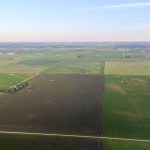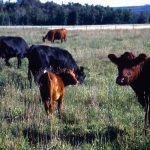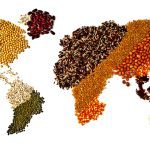There are two quotes bookending reporter Geralyn Wichers’ front-page story in the March 28 issue of the Co-operator on the bogged-down Lake St. Martin and Lake Manitoba outlet channels. Outside of the fact there’s seven years between them and one comes from the Progressive Conservatives and the other from the NDP, there’s not a big









